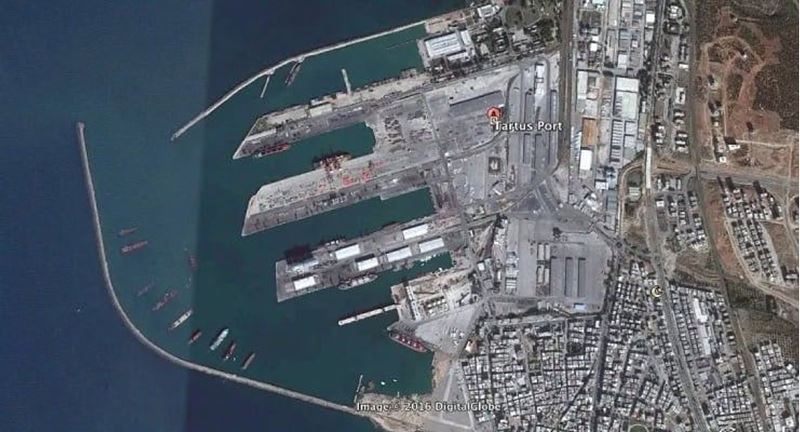The draft report highlights several key amendments, including raising the tariff on out-of-quota imports from 25% to 50%, imposing a full ban on steel products melted in Russia and Belarus, and maintaining a special exemption for imports from Ukraine. The Parliament states that these measures aim to minimize trade diversion risks and strengthen production capacity within the Union.
The draft also proposes allowing unused quarterly tariff quotas to be carried over to the next quarter. Under the “melt and pour” origin rule, importers would be required to prove where the steel was melted; however, to ease the administrative burden on SMEs, the list of acceptable evidence would be broadened to include invoices, delivery notes, quality certificates, supplier declarations, customs documents and commercial correspondence.
The report recommends monitoring and reporting mechanisms to ensure the regulation’s effectiveness. Product coverage would be reviewed annually, implementation effectiveness would be assessed every two years and the Commission would be obliged to submit an annual report. The report also stresses that all amendments must comply with World Trade Organization (WTO) rules.
Rapporteur Karin Karlsbro stated that the regulation is essential for safeguarding the competitiveness, strategic autonomy and decarbonization objectives of the EU steel sector. During the preparation of the draft report, input was gathered from industry stakeholders such as Thyssenkrupp, Eurofer, Jernkontoret, the European Steel Processors Association, Metal Packaging Europe, Orgalim, as well as relevant institutions from EU member states.
The report aims to establish a robust regulatory framework reflecting the economic and social importance of the EU steel sector and the global trade challenges it faces. The EU steel industry operates in more than 20 member states, providing direct employment to 300.000 people and indirect employment to 2.5 million. With global overcapacity pressures intensifying and the EU’s existing safeguard measures set to expire in 2026, new rule-based mechanisms are becoming essential.










Comments
No comment yet.